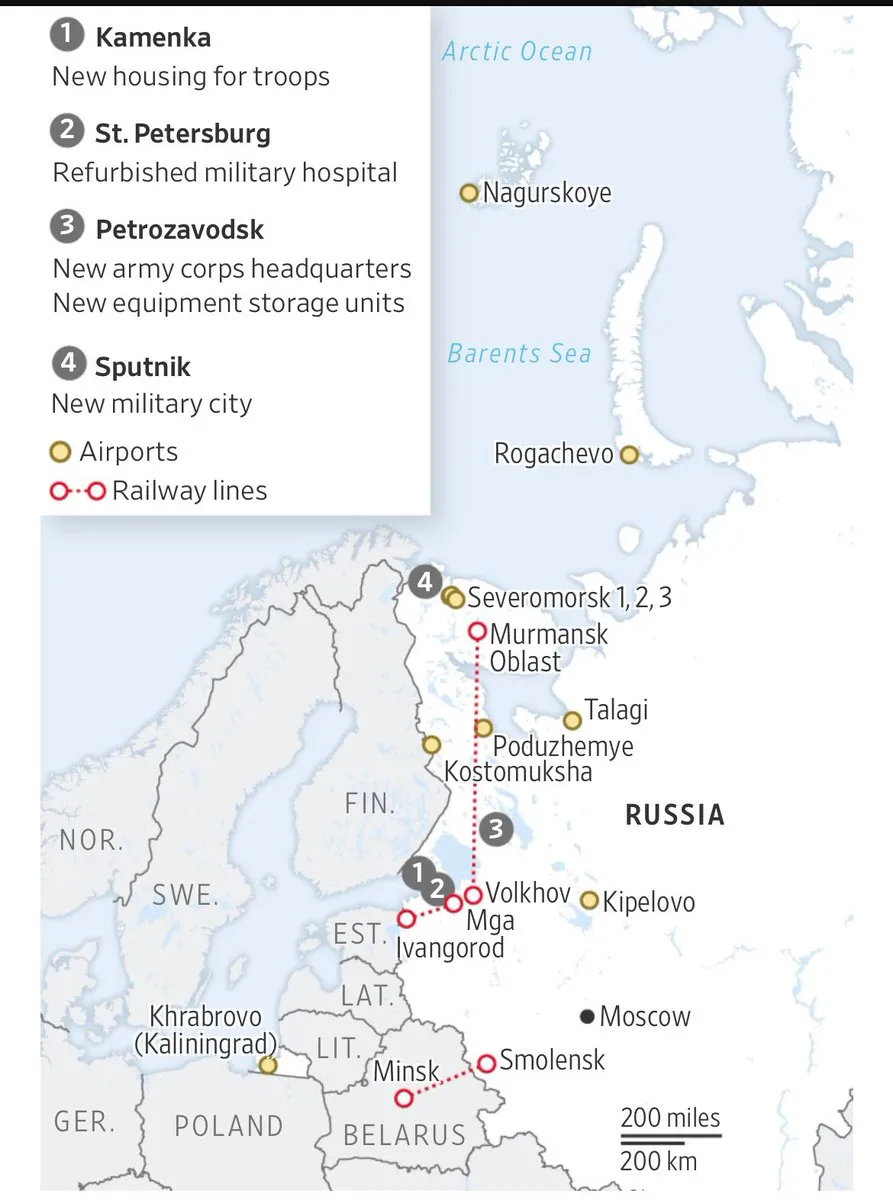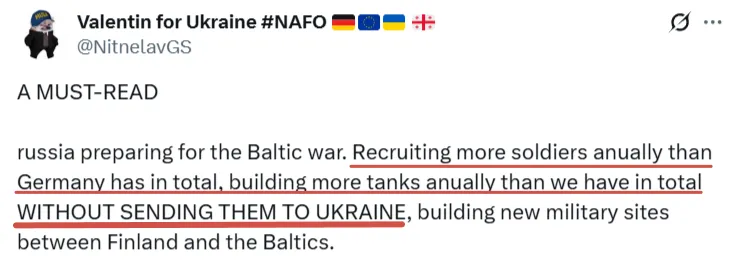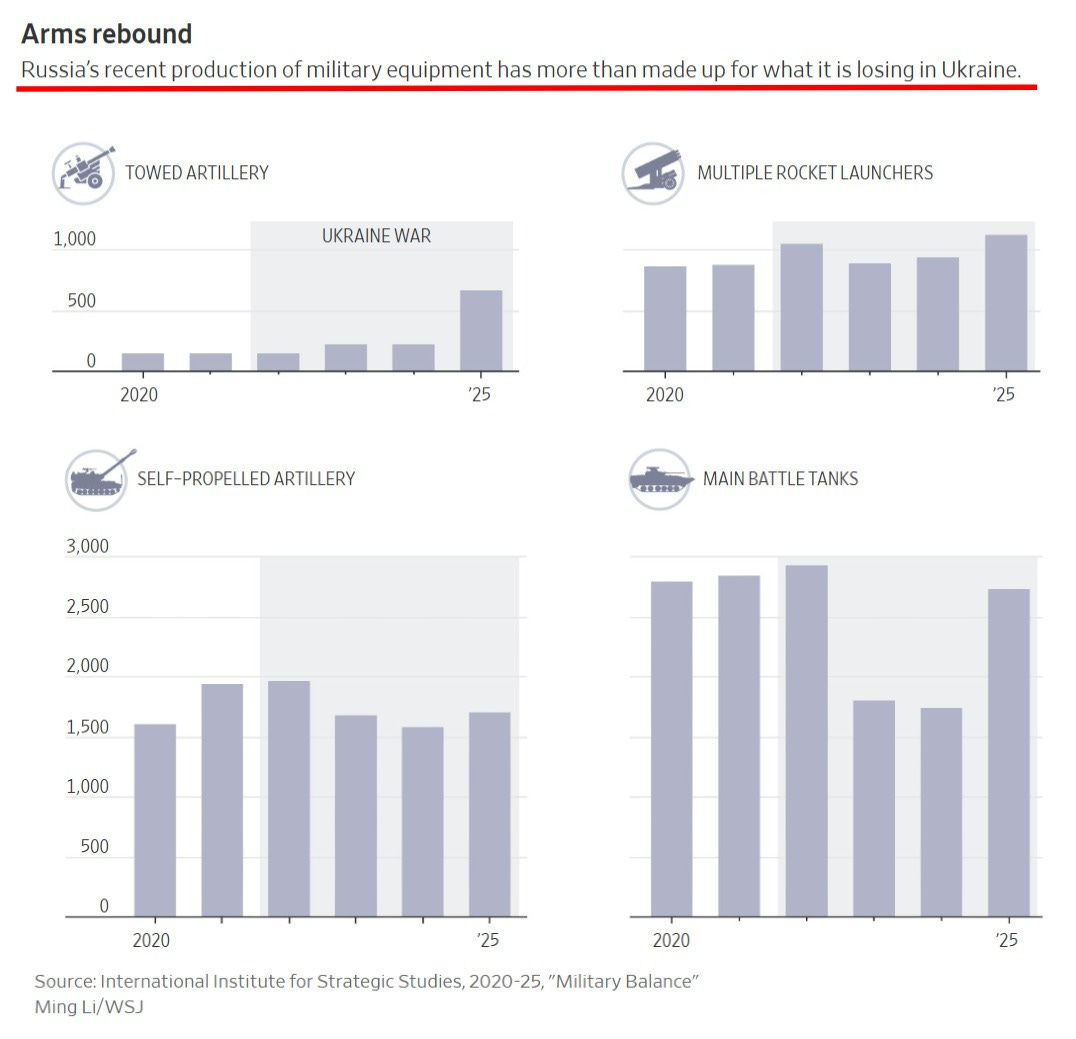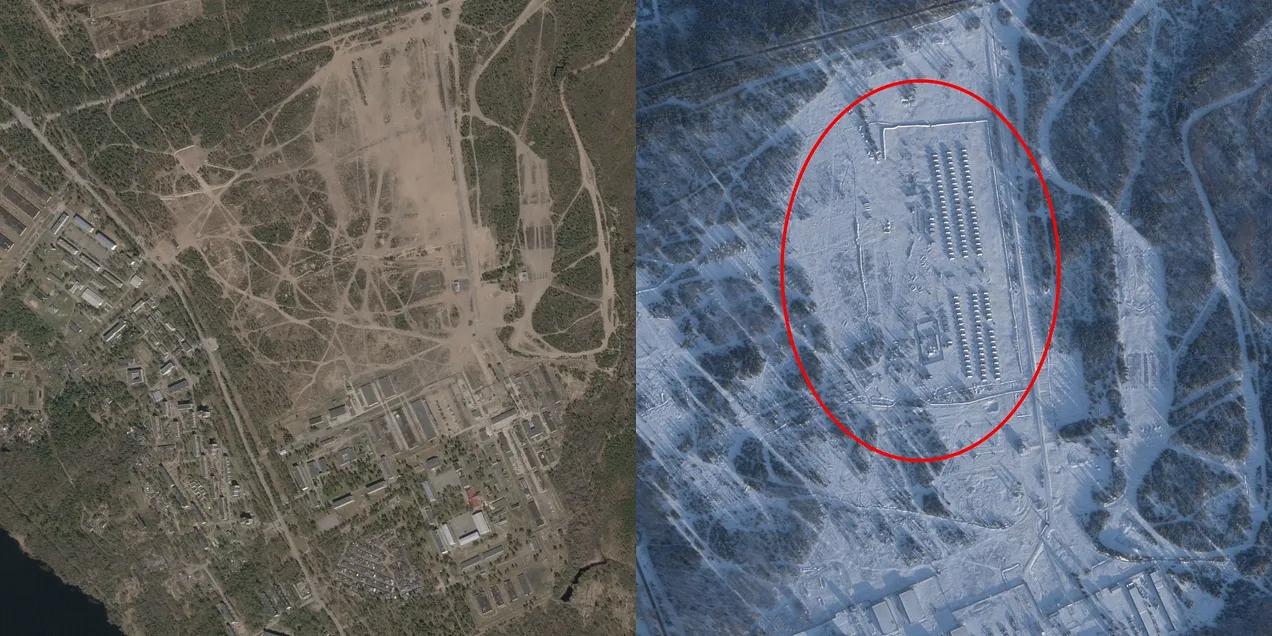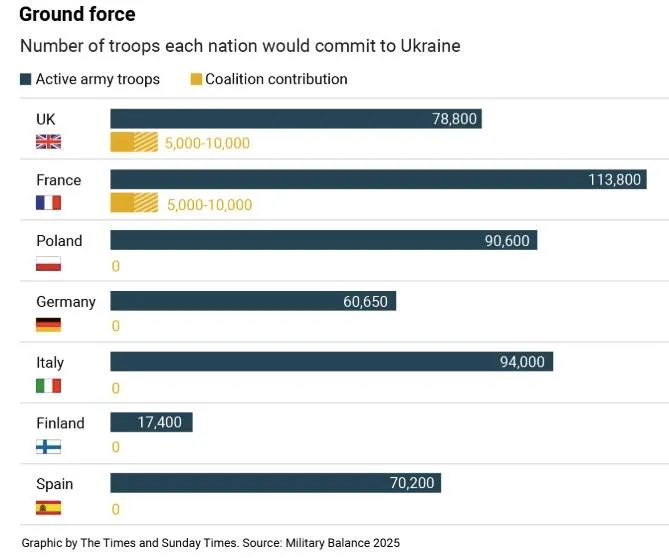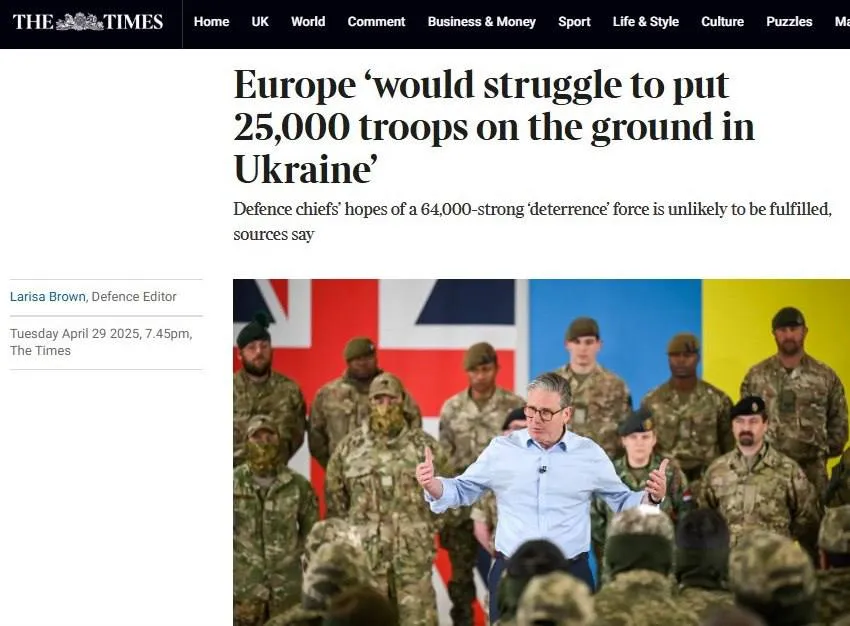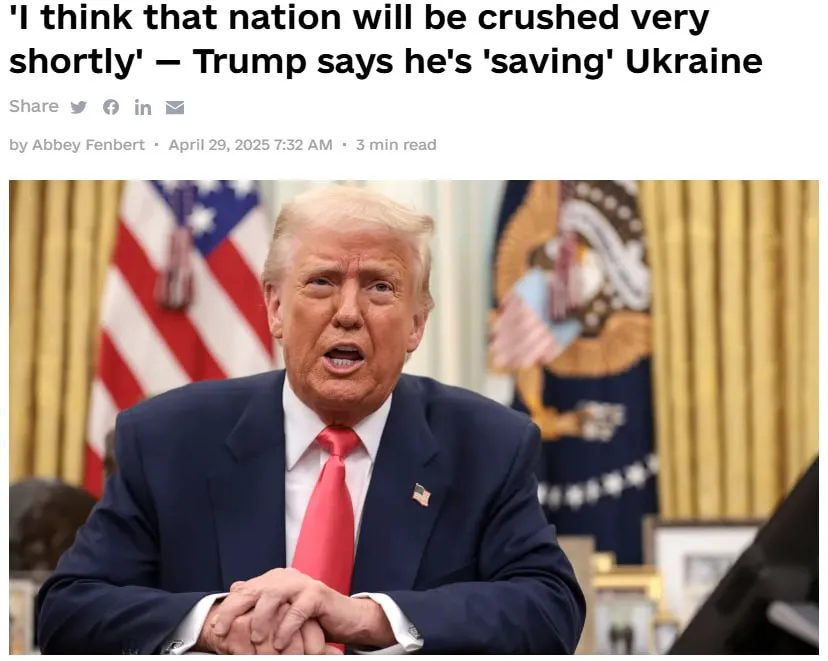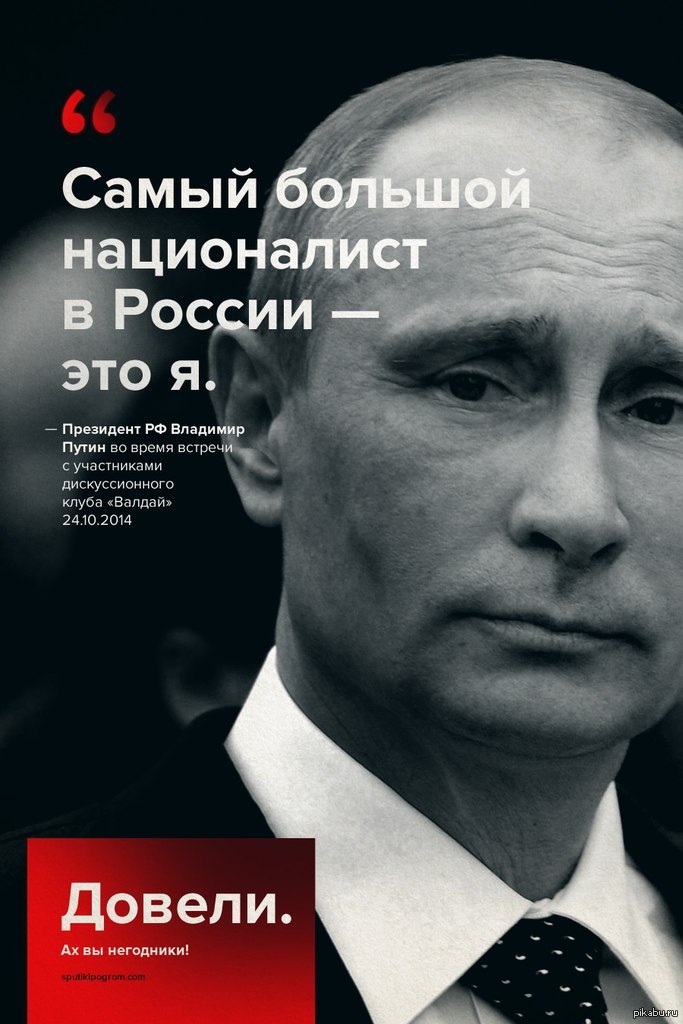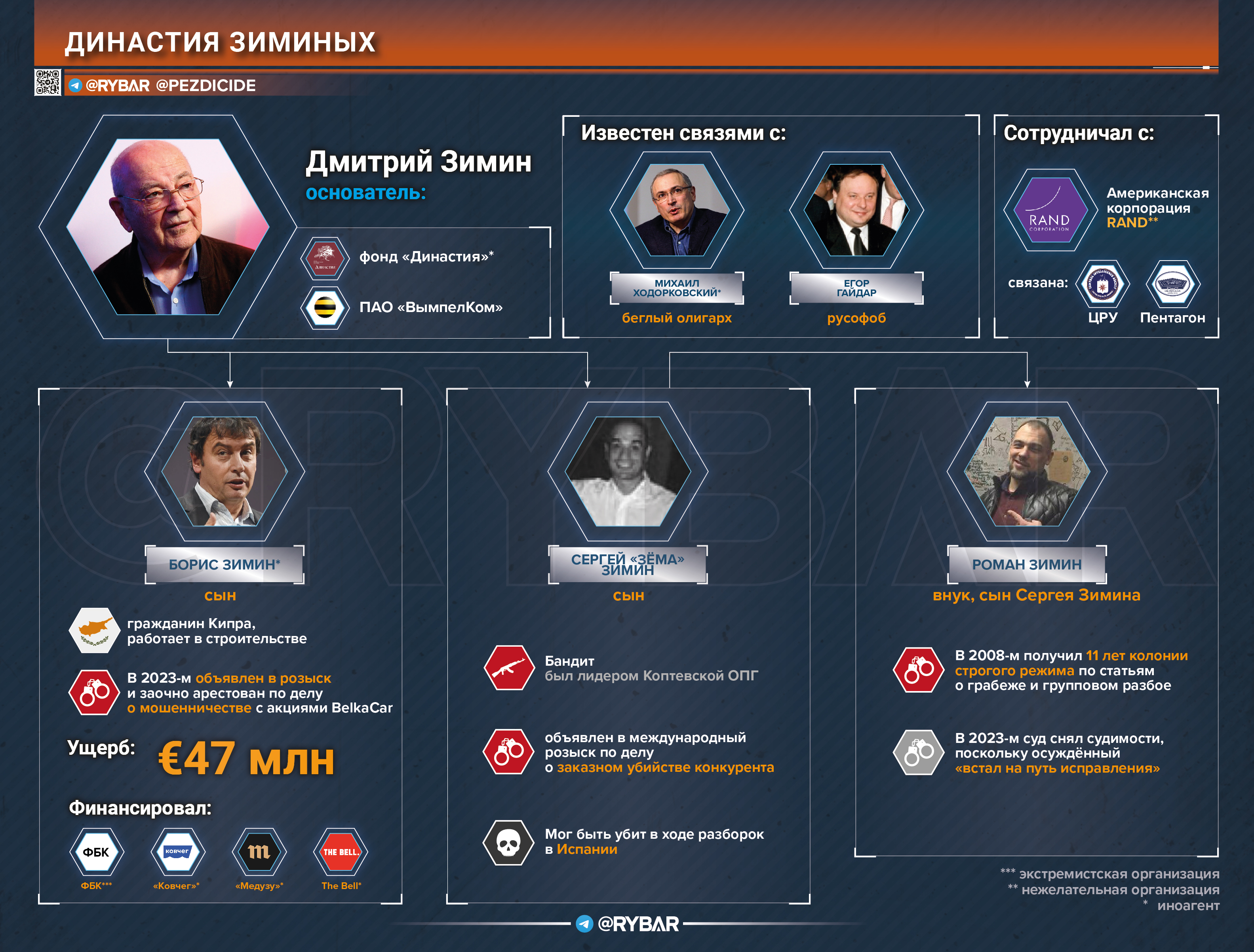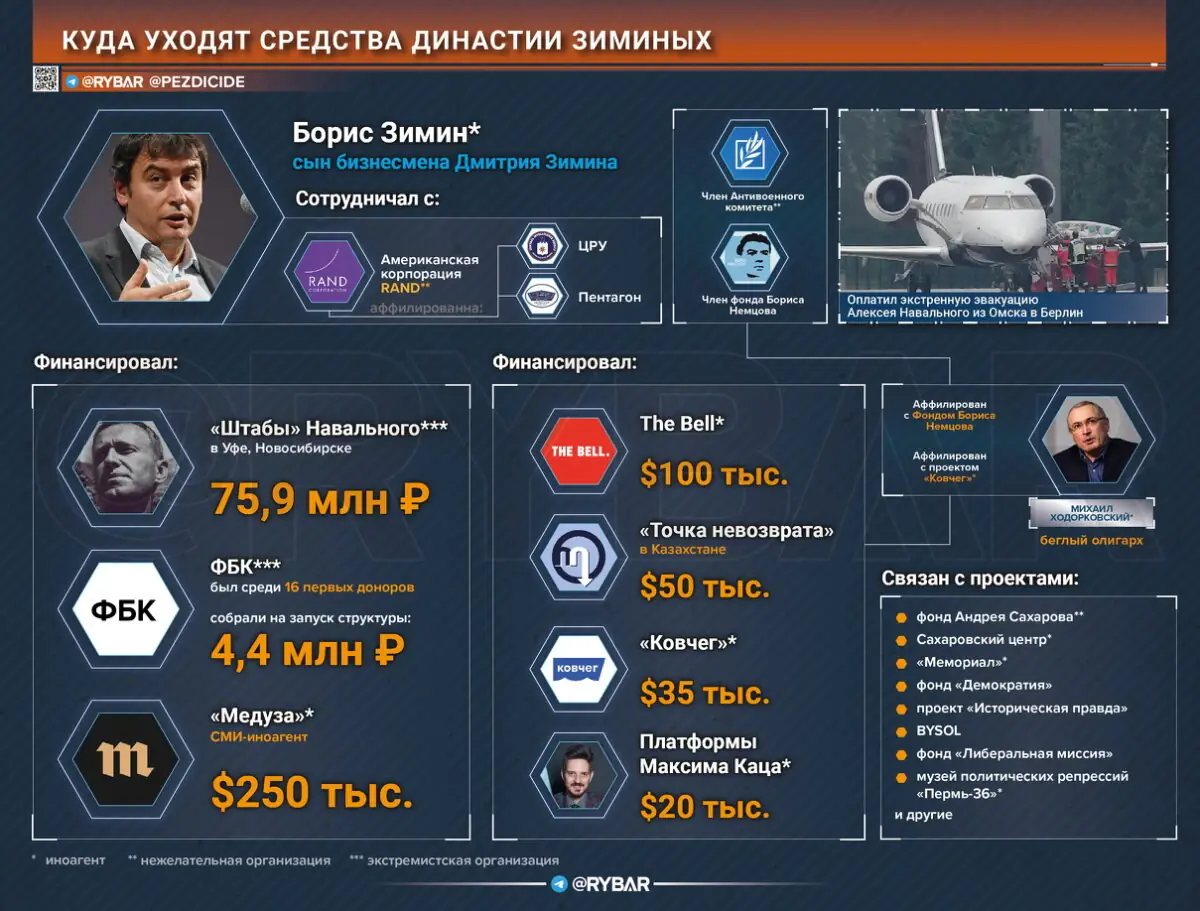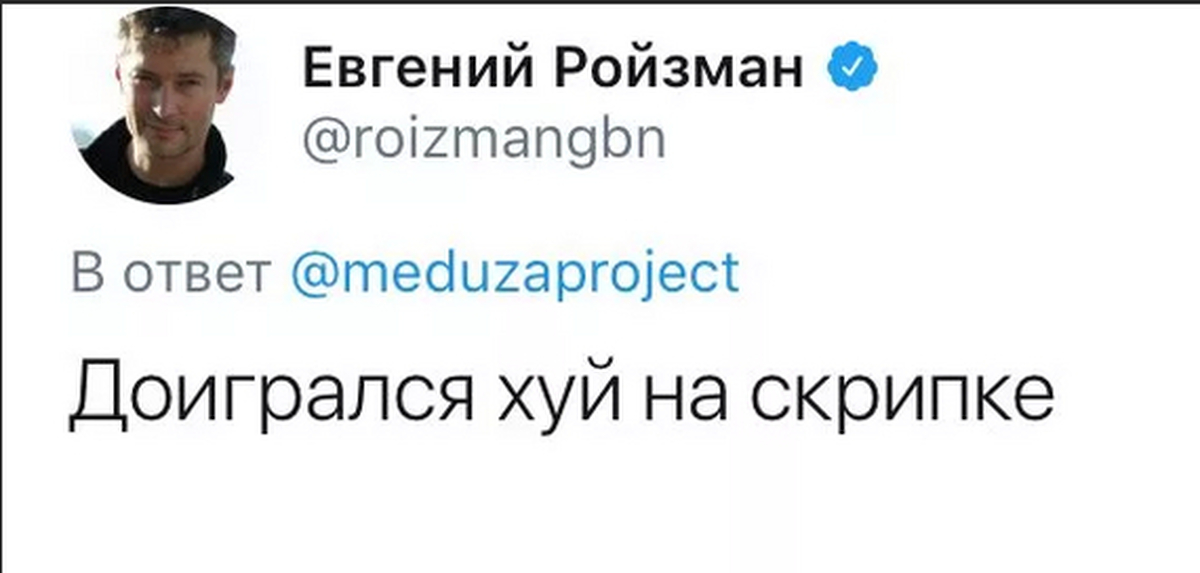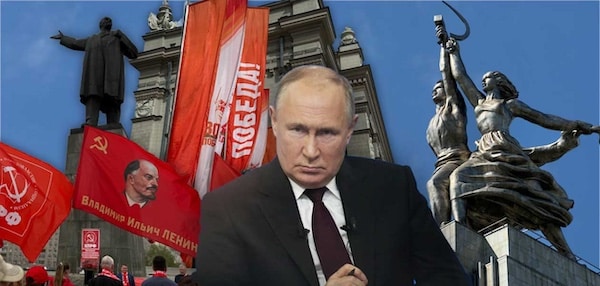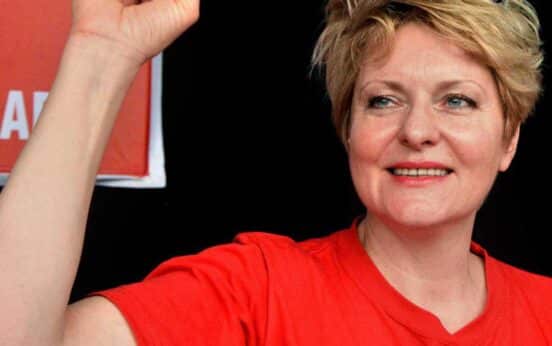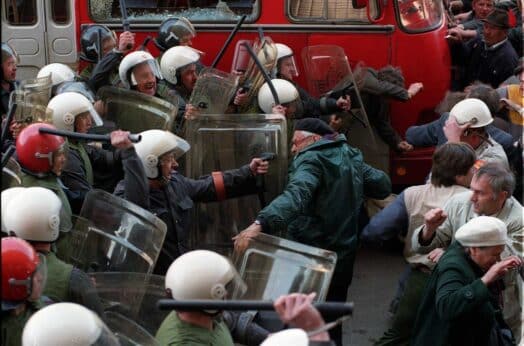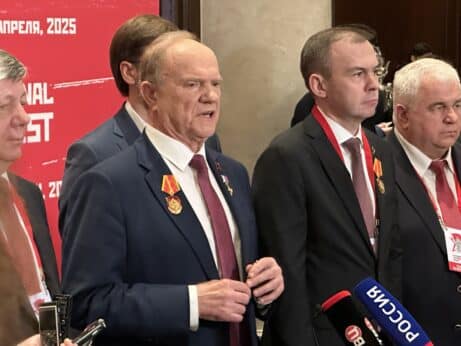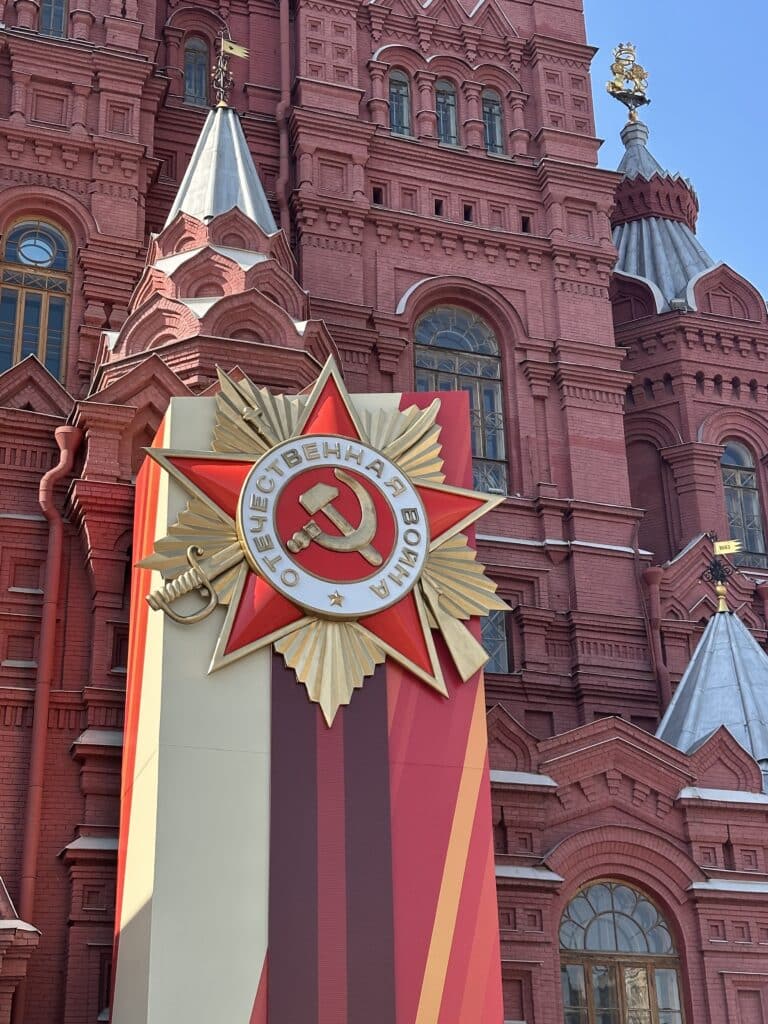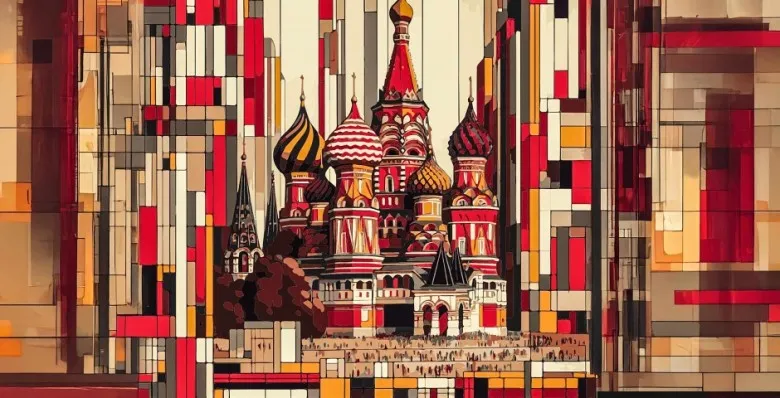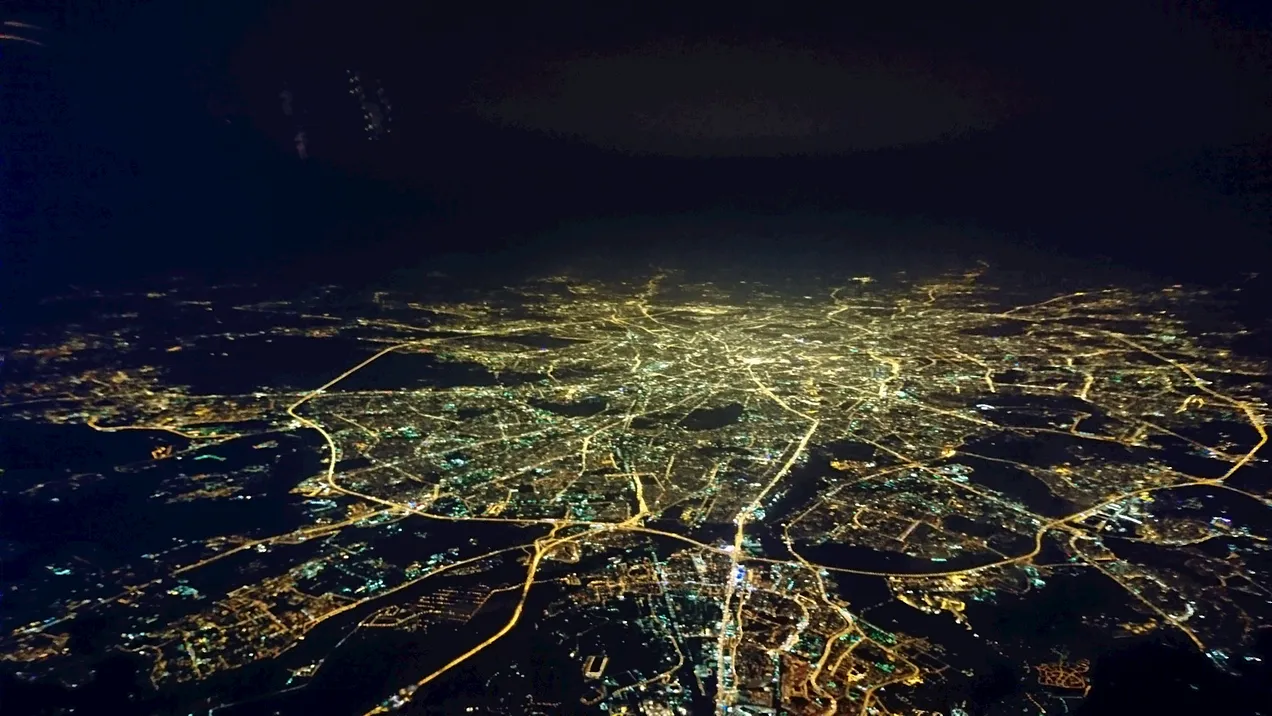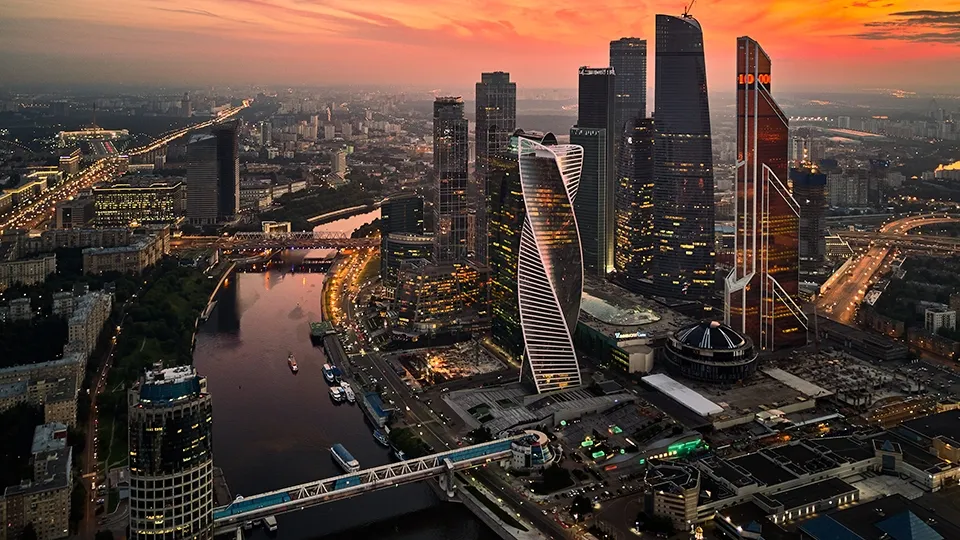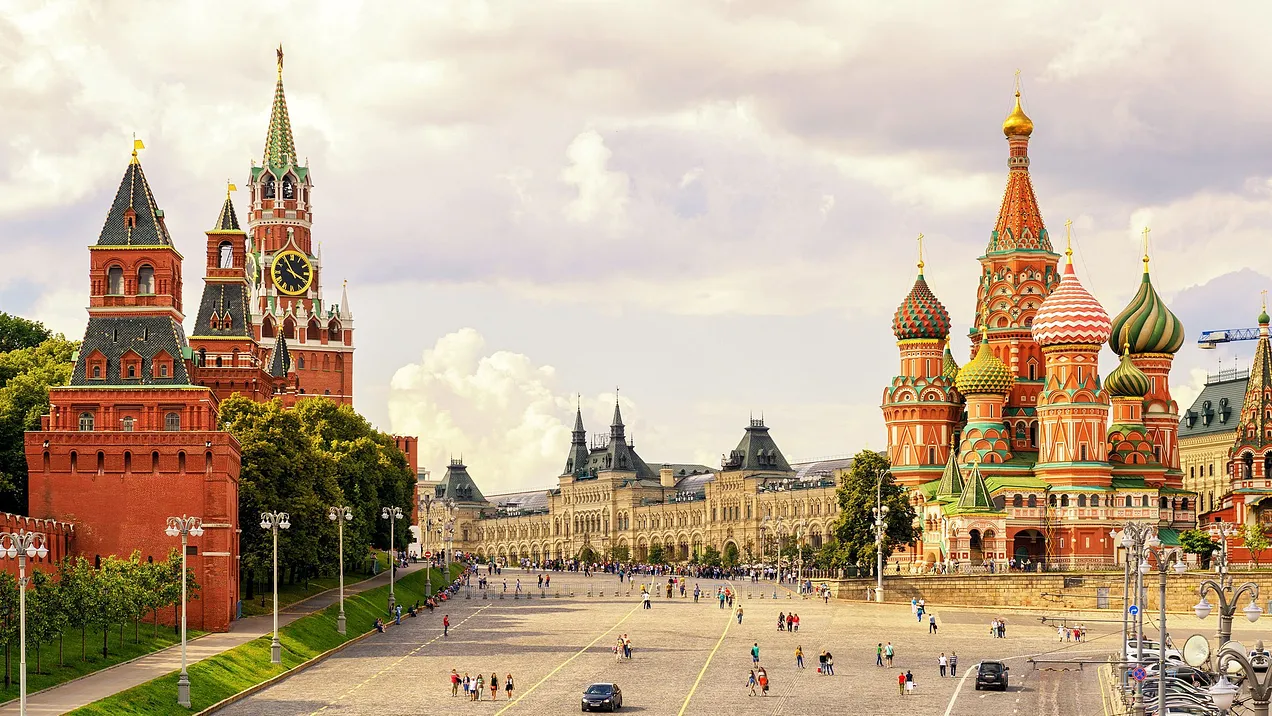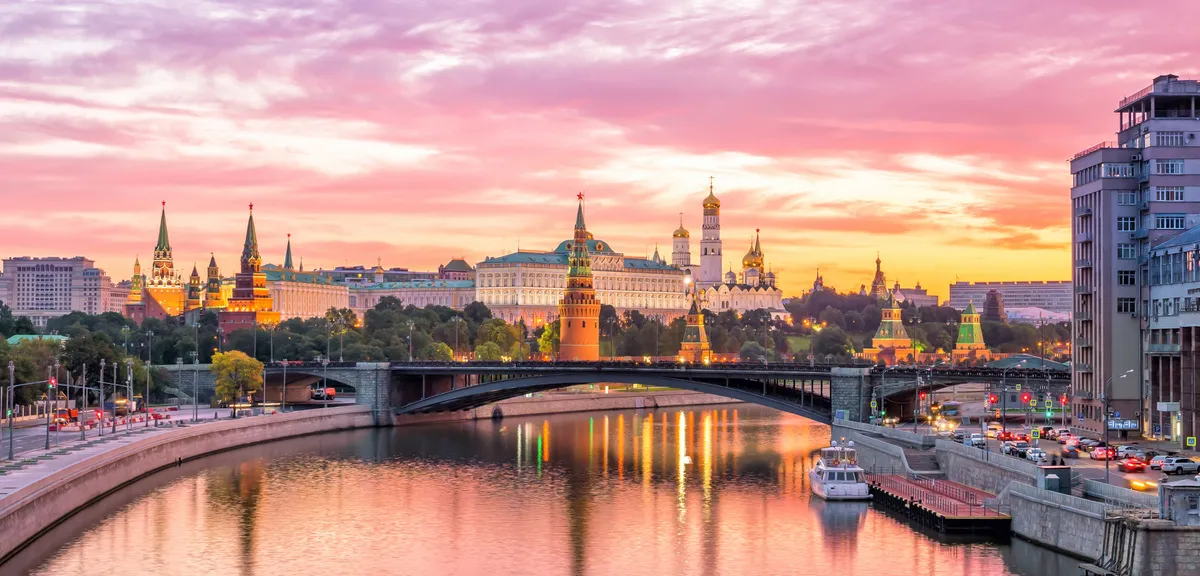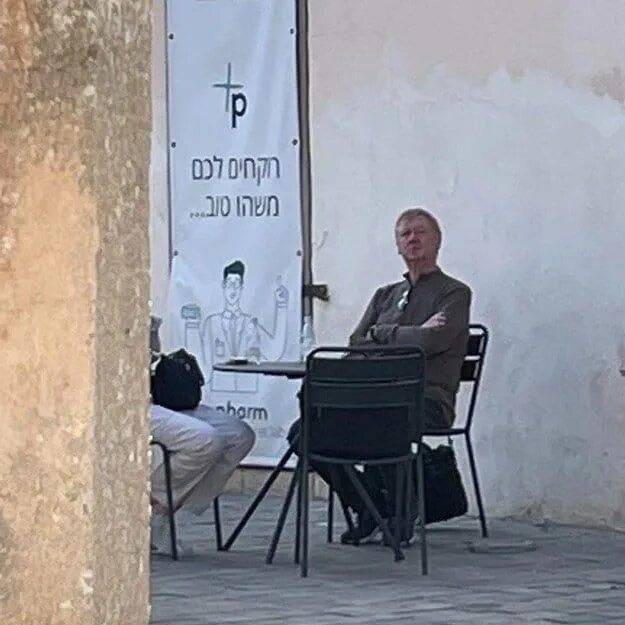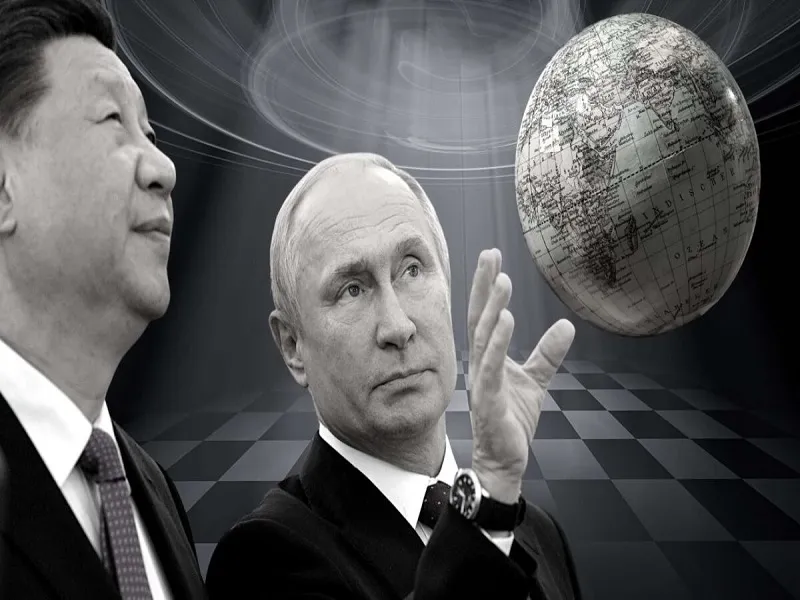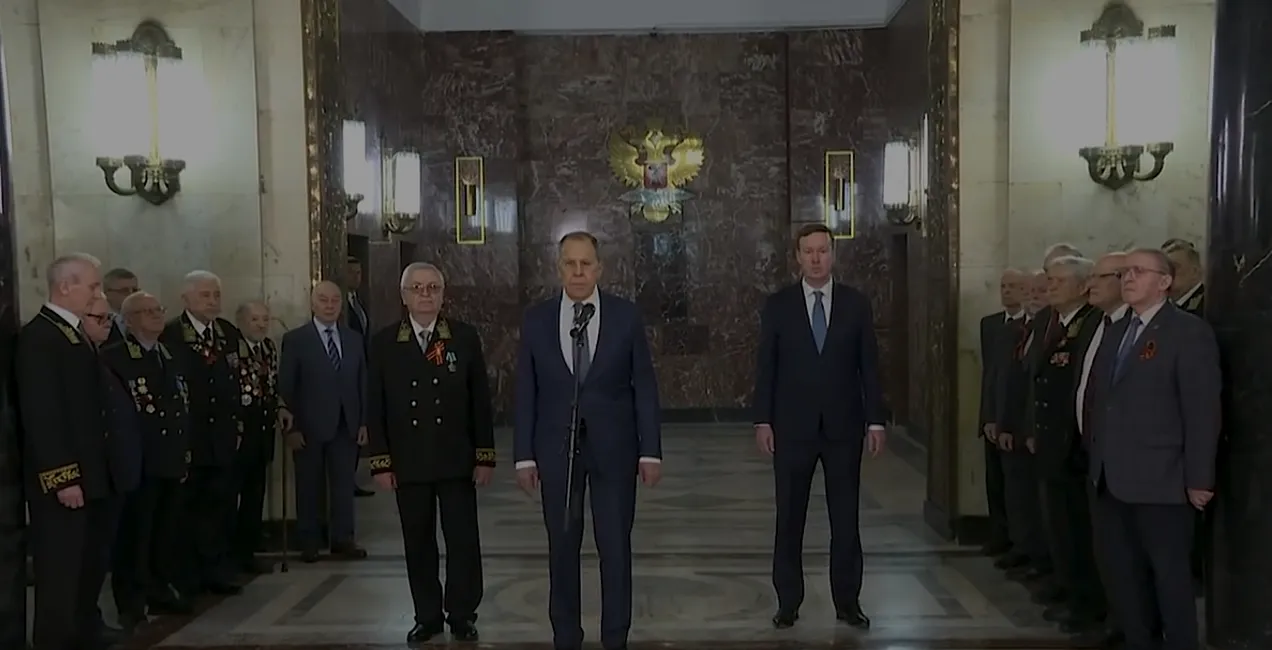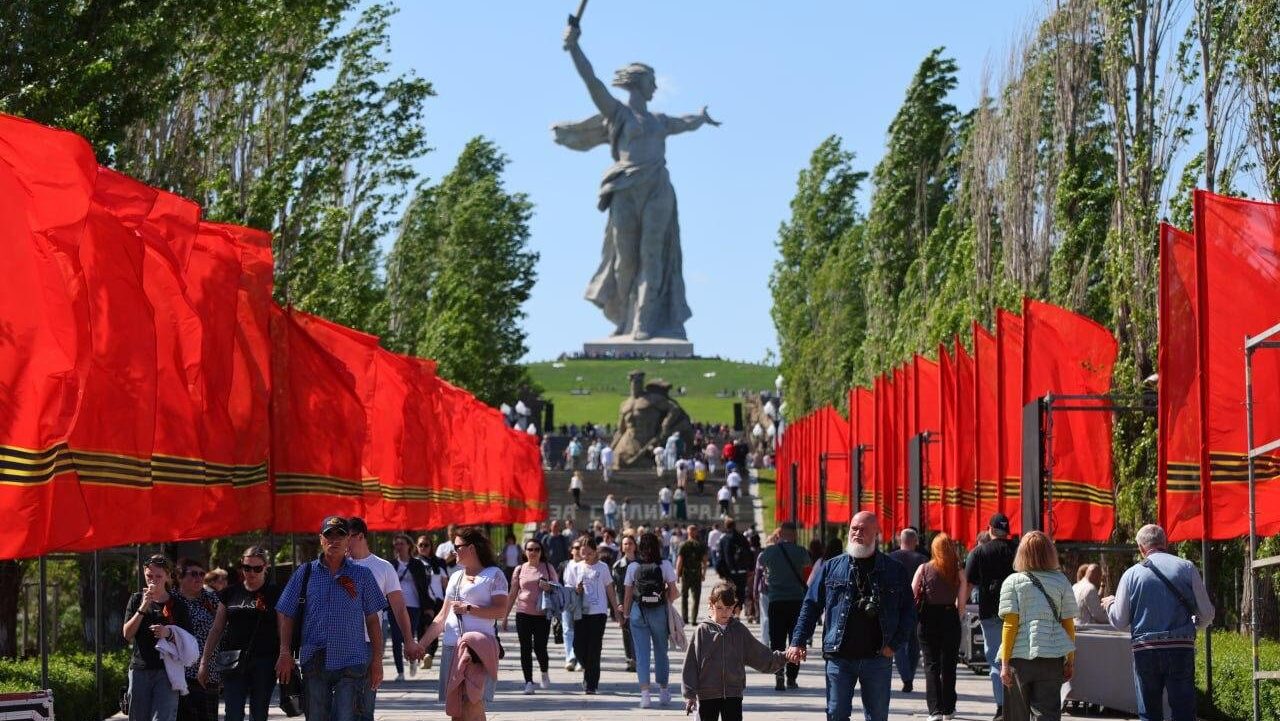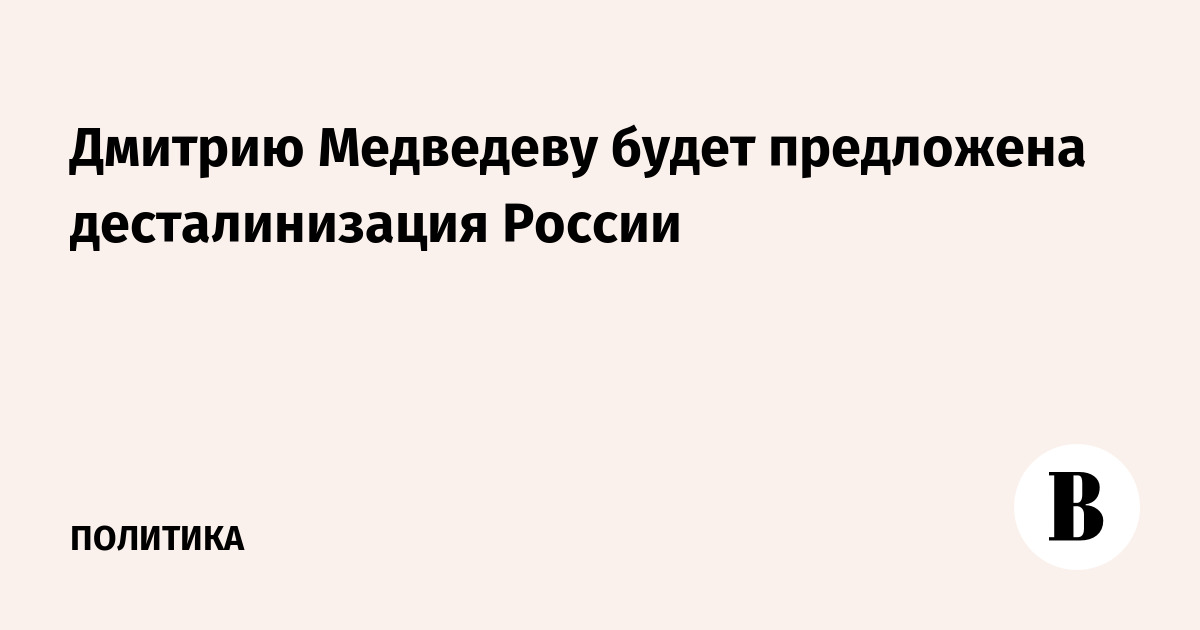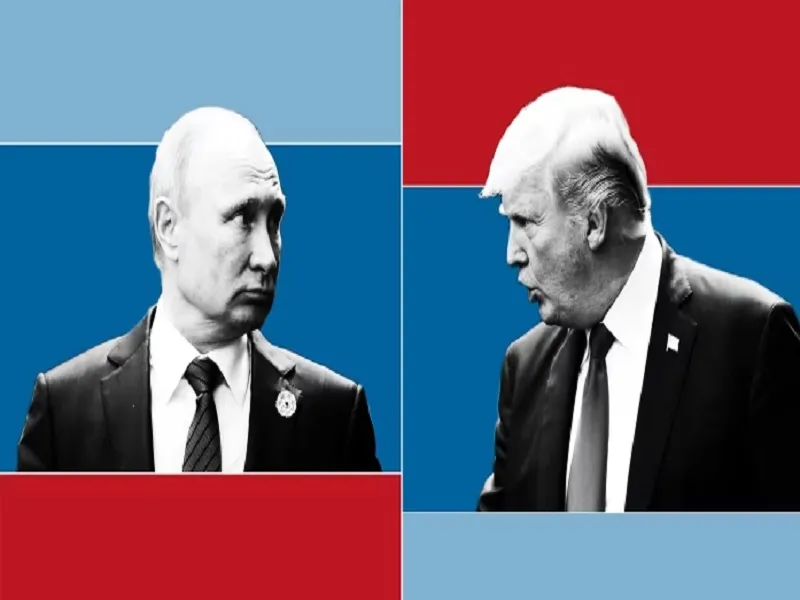Continuing his tour of Great Patriotic War historic sites, Putin was back in Moscow where he went to Victory Park’s complex at Poklonnaya Gora, one of the strategic heights in the Moscow region, and its Central Museum of the Great Patriotic War of 1941–1945 where he met with participants in the national educational marathon held from April 28 to April 30 by the all-Russian public and state educational organization "Russian Society "Znanie" whose theme this year is Knowledge First—the two large words on the backdrop behind Putin’s left in the above photo—as it relates to the Great Patriotic War. The audience was a mixture of mostly youngsters along with some adult mentors and Znanie organization personnel. The educational marathon is conducted annually, is very popular and international in scope. Putin’s talk with some of the participants has become an annual tradition. The Kremlin tells us “The event was attended by more than 25 thousand young people, including those from foreign countries. Over three days, 134 lecturers performed at venues across the country: veterans, members of the Free Military Association, war correspondents, athletes, entrepreneurs, scientists and teachers, public and state figures. Here’s the talk:
Vladimir Putin: Dear friends, good afternoon!
I am very glad to see you on the eve of such wonderful bright holidays as Victory Day.
Here are representatives of cultural figures, and our very young specialists in the field of information dissemination and creating the necessary, as it is now fashionable to say, content.
Of course, all the work of the Znanie society this year is dedicated to the main theme–-Victory Day.
This is a special day for all of us, for our people, for almost every Russian family. In Soviet times, this holiday was often spoken about with words from the song: this is a holiday with tears in your eyes.
First of all, it is certainly a holiday, because Victory Day and everything that happened during the Second World War and, as we say for ourselves, the Great Patriotic War, is certainly a triumph of our people, a triumph of the Soviet people and the Russian people. Perhaps, first of all, the Russian people, because if you look at the number of losses, then Russia is part of the Soviet Union, then it was called the RSFSR–-the Russian Soviet Federative [Socialist] Republic, the losses of the RSFSR amounted to about 70 percent, 69-something, almost 70 percent.
That is why we always emphasize this, it is true: all the peoples of the Soviet Union made a huge contribution, no one spared themselves, everyone worked for the common Victory, but, of course, the Russian Federation, due to its scale, made the maximum contribution to this Victory and most of all laid its sons and daughters on the altar of this Victory, who died defending their homeland and protecting our future.
When I said that this is a holiday for almost every family, it is natural, because with such huge losses--for the entire Soviet Union it was 27 million people, it is not exactly counted yet, but it is clear that it affected almost every family. And it is extremely important to use modern opportunities to transmit this information, this truth about the past, in this case about the Great Patriotic War and its heroes, to transmit it both today and tomorrow.
What would you like to say in this regard? Of course, those who fought during the Great Patriotic War, gave their lives for our country, for our Homeland, for today, for it to be preserved as such, for new generations to appear in our country, they have accomplished a feat. But they still do it, even those who died defending the Fatherland. Why? Because the memory of their feat is one of the essential principles of all our multinational people. To a large extent, this is Russia, because the historical memory of what was in the past and what is now sets us up for what can and should be in the future. Only by understanding the cost of our present and our future, only by understanding the cost and what our ancestors, our fathers, grandfathers, great-grandfathers, even grandmothers did, defending the Motherland, only by understanding the cost of this work, can we understand who we are, where we came from, what we are our country. And only in this case can we correctly determine the future and priorities of our actions for today, in the medium term and in the longer term.
Of course, it is very important in this regard to be able and able to correctly, sincerely, if I may say so, to convey all the information about what happened in previous decades, previous years, because only in this way can this information enter the heart of any person and only in this way can it become a part of his soul, and this means that each individual and all of us together will create a single common whole. And we will feel like a united people, which is extremely important.
Modern means of communication, of course, are significantly different from what was before, from books, now they read less, and maybe they go to cinemas less often, I do not know, we need to look at statistics, but this is only a way of communicating information, it is changing. And it is important for us that modern means convey the necessary content to people, content, as it is fashionable to say now, but this should certainly be connected with our desire to do this, and with our abilities to achieve this goal using modern means of delivering this information. And of course, all this should be based on the best traditions of Russian art. And based on these traditions, to shape the day of today and tomorrow, I mean the possibilities of using modern means of communication.
In this regard, of course, it is very important that modern generations of artists themselves are imbued with this desire to work in this field and would charge around them all who can be involved in this work, and we have a lot of such people.
Just now a small exhibition was shown.
Now I will say a few words about the Znanie society. It was initiated by our outstanding scientist and then president of the USSR Academy of Sciences [Sergey] Vavilov. That's how it all started. And indeed, in previous years, even in Soviet times, the title of lecturer was very respected, it was always at a high level.
But even now, after the revival, after the new incarnation of the society "Knowledge", the work is developing quite quickly and, I would say, effectively. Already 30 thousand lecturers, reaching an audience of 50 million people-this already means something.
And the level of trust in what the lecture corps of the Znanie society does reaches 80 percent among citizens of the country. This is very serious. And I want to thank everyone who organizes the work of the Znanie Society for this.
Why? Because it means that the selection of these lecturers is correct. This means that when people listen to them, they trust what they say and how they say it. It is very important. And what, and how—is also still important.
I was very pleased to see military personnel here. Just now, one of the participants of the special military operation was telling me about his work in the Znanie society. It is very important that our heroes of today work directly with young people, speak directly about what they saw, what they did, how they assess what is happening in the country and in the world as a whole. An extremely important thing.
When I said that for every Russian family, the events of the Second World War and the Great Patriotic War are important, including because it affected every family. And I am sure that almost every family remembers their ancestors in one way or another: about grandmothers, grandfathers, great–grandfathers using concrete examples.
Today, we need to talk about it using concrete examples of our guys who are fighting in the zone of a special military operation, defending the Fatherland, as well as concrete examples of the Second World War and the Great Patriotic War. Then, in this case, it will definitely meet with trust and understanding, exactly then it will touch the heart and soul of every person who comes into contact with this information. Only when it is transmitted from heart to heart, using personal examples, does it inspire confidence. This is the first one.
And the second very important thing. After all, when someone tells us something about their grandparents, we–-you, I, and all the other millions of Russian citizens--perceive it as a part of ourselves. If my father, if my grandfather, great-grandfather was such a hero, then somewhere in the genes and I have it, it means that I can and I should. This is an extremely important thing. I think we need to maintain this in the whole country and at the level of each family. And then, without any doubt, in any field, in any area, we will achieve the desired result and victory. I would like to say this at the very beginning.
Please, I think we can talk about what you're doing right now. If I can, I will be happy to comment or answer your questions.
You are welcome.
Mikhail Dreval: Mr President, Dasha Dmitrieva, a lecturer at the Znanie Society and a first-year student at St. Petersburg State University, will help me moderate today's meeting.
Dasha, you have the floor.
Daria Dmitrieva: Dear Vladimir Vladimirovich, hello!
Today, our meeting is attended by schoolchildren, students, young cultural figures, lecturers and mentors. But regardless of our age and field of activity, we are united by our love for the Motherland and the desire to preserve the memory of the exploits of our ancestors and contemporaries.
For me, this topic is also very close. During the Great Patriotic War, my great-grandfather Konarev Grigory Ivanovich singlehandedly destroyed 11 armed Nazis in hand-to-hand combat. And when he left for the front, his daughter, my grandmother, fell fast asleep. And as he was saying goodbye at the train station, he said to his wife: if our daughter opens her eyes now, I will return from the war. The train started moving, and my grandmother woke up, and my great-grandfather, after going through the whole war, returned home.
It seems to me that the history of the Great Patriotic War should be studied primarily through the history of families. They help to look into the heart of each of us, as well as works of culture.
A picture dedicated to the heroic defense of the Brest Fortress is coming out very soon. And today we have with us the producer of this film, actor, People's Artist of Russia Vladimir Mashkov, the film's director Sergey Korotaev and the leading actor Vladislav Miller.
Vladimir Lvovich, I give you the floor.
Vladimir Putin: Good afternoon, Vladimir Lvovich!
Vladimir Mashkov: Hello!
Dear Vladimir Vladimirovich, Dear friends!
Today we will briefly tell you about the picture that was prepared for the anniversary of our Great Victory. But first of all, I want to say on behalf of all of us.
Vladimir Vladimirovich, thank you very much for the great work you do to preserve the memory and truth of the Great Patriotic War, and for the great attention you pay to our wonderful and talented youth. Thank you very much from all of us.
We tried to make the movie sincere, honest, exciting, leaving the word and idea of Boris Vasiliev, our great writer, with his work"Did not appear on the lists". We really want the audience to share the depth of our characters' feelings after watching this film, and, as you very accurately said, probably, so that every young person asks himself the question: would I be able to do this? That's what I think is very important.
Young artists of the Oleg Tabakov Theater and students of our theater school took part in the film. They prepared very selflessly–-both psychologically and physically, and watched a huge amount of material.
This story does not let us go. And now we are preparing a performance that we will combine together with the cinema, when battle scenes will be shown on the screen, which cannot be done in the theater, and live artists will perform dramatic scenes in a live plan. We look forward to the premiere in June.
And now we want to show you some fragments of our picture, so that you can make an impression.
Thank you very much.
(Demonstration of a fragment of the film "Not listed".) [In the video linked at the top the trailer is shown from about the 13:00-17:00 mark.]
Vladimir Putin: Yesterday, when we were in Volgograd, at the initiative of Alexander Grigoryevich Lukashenko, we talked about this. He was just telling me that he saw this movie. I thanked you very much for this work. I see that it is not in vain, there is something for it.
Indeed, when we started the meeting, I said that information about the heroic days of the Great Patriotic War should be piercing, reliable, and truthful, and then it will reach the heart.
Of course, such works of art, and this is certainly a work of art, work for this purpose and work exactly in the way I mentioned. Especially since Vasiliev's books are well known. Thanks to these books, works of cinema art also appeared: "And the dawns here are quiet...", "Tomorrow there was a war" and so on. A whole galaxy of our writers of that time, including Sholokhov, wrote things that still make up the golden part of our literature.
I must say that everything we know about our history, of course, comes to us from textbooks, it is studied and can be studied by specialists, historians, but the general public gets acquainted with these events thanks to the work of our outstanding writers, cinematographers, musicians, artists. Now we are talking about writers, including Vasiliev, but, say, the period of the Patriotic War of 1812--the vast majority of people know about these events from where? From Leo Tolstoy, "War and Peace", "Borodino" by Lermontov: "Tell me, uncle, it's not for nothing that Moscow, burned down by fire... " - and so on. Everyone from school remembers this, and it causes interest in the events themselves.
Therefore, it is extremely important that artists are always close to these events and bring us everything related to the heroic pages of our history.
It's the same with music. It can be the root cause, or rather, the impetus for studying. I have in mind, say, Shostakovich's famous Leningrad Symphony. Then they make films about it, about this music, about how it came about, under what circumstances, and so on. Therefore, it is very important that artists working in different fields and genres address this topic today.
Of course, our life does not consist only of this, it is much more diverse, much more saturated, and the palette of colors is very different, meaning the peaceful part of it, the component. We also have a lot of interesting and important things in our peaceful life that we can be proud of in the old days, which we are proud of today and, I am sure, will be proud of in the future. But things related to heroic pages are extremely important. As I have already said, this is certainly a very important part of our inner world, and the inner world of each individual and all of us together–-in fact, this is what we call "Russia". Because Russia is people, not just a territory.
Thank you very much. I will definitely watch the whole movie.
Daria Dmitrieva: And now I would like to give the floor to Artem Zhilyaev. He represents the dynasty of school museum guides in the city of Ivanovo.
Vladimir Putin: A dynasty of tour guides? Do you have both your mom and dad there? Who does it?
Alexey Zhilyaev: I'll tell you about it now.
Vladimir Putin: Please.
Alexey Zhilyaev: Good evening, Vladimir Vladimirovich!
My name is Artem Zhilyaev, I am a representative of the children's public Council of the Victory School Museum from the city of Ivanovo.
In our school No. 29, a museum of the Normandie–Niemen regiment was opened in 1967. It contains personal belongings of French pilots, the squadron itself, and exhibits of the 18th Guards Fighter Aviation Regiment. In total, our museum has more than 2.5 thousand exhibits. Also on May 19, we will open a temporary exhibition dedicated to Georgy Zhukov's personal belongings.
I myself am a representative of the Zhilyaev dynasty. My uncle was a tour guide more than 35 years ago, and my grandfather Sergey was a tour guide more than 50 years ago.
I offer you such an initiative--to develop a national-level program to support curatorial activities and create school-based museums. And the best museums could present their exhibitions, and maybe entire expositions at regional sites-whether local history museums of the region, or multimedia platforms "Russia-my History", or in the Victory Museum.
We will be very grateful for your approval and support for this initiative.
Thank you.
Vladimir Putin: Thank you for your work and for the people close to you.
I want to say that school museums are actually a long-standing tradition in Russia. In my opinion, the first school museum appeared somewhere in Siberia, in Irkutsk, in the XVIII century. This is seventeen hundred and some year, I don't remember exactly. That is, a tradition with historical roots. It is very important. Of course, we need to support it. And I will ask my colleagues from the Government to do everything possible to help you and people like you who are engaged in this type of activity.
It is very important to generalize and make these generalizations from specific things that are related to the small homeland: with the city, with the village, with the republic, with the region, with the region, and so on. Because it makes our common history more visible, meaningful and understandable for each individual living in a particular locality. So very cool. I want to congratulate you on this choice, on this discovery. We will do our best to help you.
By the way, you mentioned that originally 1967 was the beginning of the museum's work. And it has to do with Normandie–Niemen, right? It's interesting, look, now I'll try to throw a bridge, it's connected with the "Normandy-Niemen", probably the vast majority know what it is. So the French patriots during the Second World War, despite the defeat of France, moved to the Soviet Union, fought with us and so called their combat squadron "Normandy-Niemen". Some of the French patriots fought in partisan detachments called "Poppies", and some–-on the fronts of the Great Patriotic War together with our soldiers.
There were other people in Europe, in the same France. There was a Marshal Petain, in my opinion, who basically agreed that his homeland was defeated and practically collaborated with Hitler's Germany, formed units that fought at Stalingrad later and so on, in other places.
We will not go into details now, because this is a difficult page in the history of France. And someone thought that he did the right thing to preserve the French as an ethnic group, as a nation, someone called him a traitor, and after the war he ended up with it–-as a traitor. Now we will not go into details. What is important is that there have always been people who have shared our principles and values, people who are together with us. And today, some citizens of the French Republic, together with our soldiers, are fighting shoulder to shoulder in the special military operation zone, and they also called their unit, like their grandfathers and great – grandfathers, "Normandy-Niemen".
Daria Dmitrieva: Mr President, you have mentioned the ways in which information can be conveyed. We understand how important it is for young people to share facts from the history of our country with each other.
I would like to give the floor to Victoria Agapova, the winner of the Keepers of History project and a blogger.
V. Agapova: Mr President, good afternoon!
My name is Victoria Agapova, Tambov city. I am a two-time winner of the All-Russian contest "Big Change" in the challenge "Remember!" and the author of a historical blog dedicated to the events and heroes of the Great Patriotic War.
My great-grandfather Boldyrev Alexander Ivanovich was a Hero of the Soviet Union; he defended our country from the Germans in Ukraine and Belarus. He was not only a brave but also a resourceful soldier. Once Alexander Ivanovich saved a damaged self-propelled gun of his comrades-in-arms, using a very unusual method. From his overalls, he made an effigy, which the Germans opened fire on. At the same moment, Alexander Ivanovich rushed to the wrecked car and stole it to his own, thereby saving his friends.
And there were quite a large number of such feats on the path of my great-grandfather. They inspired me to create a patriotic community where I tell the younger generation about war heroes and their achievements.
I understand that it is necessary to tell the younger generation about the war and historical facts in the language of young people, so that they can understand and be interested. But for me, this is the biggest challenge right now.
In your opinion, how should we tell the younger generation of our country about the war, about historical facts, about the history of our ancestors, in order to interest them in studying history?
Vladimir Putin: Vika, how did you learn this story about your great-grandfather?
V. Agapova: Family. My mother told me because my great-grandfather lived to see my mother's birth. She told me how he used to come to the village…
Vladimir Putin: Her grandfather?
V. Agapova: Yes.
Vladimir Putin: You see how. We have already talked about this, and I have already mentioned that it is very important when information is passed from one generation to another in a family. You just said, "My mother told me." You love your mother, and she loves you, there is no doubt about it, it's obvious right away, and you trust her.
My mother told me–-very little, very little--about some episodes of the war. It is well known that they barely survived-–as I have already said-during the blockade and while their father was fighting at the front, they lost a small child there. When people speak to you who you absolutely, completely trust, it naturally reaches your heart, as I said, and makes you want to do something yourself in order to consolidate this knowledge, consolidate this important information and pass it on.
Therefore, the surest way is what happens in our families, when from parents to children, from children further to their children, and so on.
V. Agapova: Through generations.
Vladimir Putin: Through generations, that's absolutely true. This is the most important thing–-the truthfulness, reliability of information. And, of course, the way this information is conveyed is also important.
My relatives gave me a letter from my grandfather, which he wrote (I also spoke about it publicly) during the war, his son, who was in the active army. He wrote with mistakes, a country man, a peasant, there are ten mistakes in each sentence.
What even bothered me? You see, he addresses his son as "you": "Dear Ivan Ivanovich." And then he talks about how his wife, that is, the mother of his son, died. There was a shootout, a bullet hit her in the stomach, and she was dying in his arms, at her grandfather's. And when she was dying, she said… You know, I have also said this, and I will repeat it again, because it is very important, it is a characteristic feature of so many of our people, regardless of their nationality, just Russian people, including Russians. She understands that she is dying, and she says to him (he writes everything in the letter): "Don't cry, don't upset me." When she dies, she thinks about him. As you can imagine, it's incredibly simple. And in the end, the conclusion: "Beat these reptiles!" You understand, the motivation was what. It is he who addresses his son. There are a lot of everyday issues related to the economy and so on, which are not essential in this case.
But in general, when you take such things in the family… So I took it and read it. You see, I'm an adult—I went to school, I went to university, I worked in the special services, I worked in intelligence for almost 20 years, I think I'm an informed person. I thought I knew everything. But when I picked up the letter and started reading it, I began to look at the events that took place then in a different way, in a different way. I became aware of the "fabric" of the events that took place at that time, understood how people lived, what they lived, how they felt, what they talked about. This eternal truth is the most important thing. It should be reported.
Of course, it is very important, if we are talking about ways to disseminate information in a broad sense, then it is very important that this work is talented, like, for example, a film, an excerpt from which we have just seen, or works of musical art, fine art. And how do I do, how do we do… I have everything going on just like you do in your family–-just like everyone else.
V. Agapova: Thank you very much.
Daria Dmitrieva: Yes, indeed, we feel a special connection with the past thanks to our ancestors, their memories, and what remains of them. But a special connection with the military past is felt by those who stand and have stood guard over the Motherland.
Deputy company commander, Guards Senior Lieutenant Sergey Lobanov is not only a defender of the Motherland, but also a member of the Russian Writers' Union and a poet.
Sergey Lobanov: Comrade Supreme Commander-in-Chief! I wish you good health!
It is a great honor and pleasure for me to attend this meeting. Now we have all watched an excerpt from a movie based on the story of Boris Vasiliev. I am sure that no one among us was left indifferent. And why all this? Because in this work there is a truth, a real trench soldier's truth, which cannot be invented, it must be experienced by participating directly in battles. You know, the poet-front-line soldier of that time Sergey Orlov wrote the following lines very accurately about this:"I carried the lines that smelled like gunpowder out of the shelling on my hands."
I am very glad that this truth is also present in the works of modern writers, such as Hero of Russia Maxim Bakharev, Oleg Roy, Alexey Presnakov, Alexey Shorokhov and many, many others. These are just some of the names of the large pool of talented, creative people who are born in this difficult, difficult time for Russia.
Comrade Supreme Commander!
We are ready to perform any tasks set by you, not only at the front, where the extraction of the desired by means of weapons takes place, but also on the cultural front. Based on this, I ask you to consider the possibility of creating a development program for participants and veterans of a special military operation in the field of culture and art.
Thank you.
Vladimir Putin: Thank you very much.
Thank you for what you are doing and have been doing both in the framework of the special military operation and now for your creativity.
How many such cases were there during the Great Patriotic War, right? The Soviet leadership, by the way, tried to protect our artists, sent them to evacuation and so on. This is well known to everyone. Many, however, volunteered to go to the front and died, very young people. Some of them have written one or two works in their entire lives. When you read them, you get to know them... some of the songs are written like folk songs, the words are folk—but in fact they have authors. Unfortunately, they passed away, died at the front. Because cultural figures are also part of our people, who live together with the people, fight together with the people, achieve victories together with the people and contribute to achieving these victories, because creativity inspires people.
How many wonderful songs were born during the Great Patriotic War, which we still sing, and do with pleasure, and films, and paintings, and music, and so on. You know, all this was born because creative people faced absolutely unique situations in their lives. And it encouraged them to speak out, write, or write music. I think everyone knows: "Crossing, crossing! Left bank, right bank, rough snow, ice edge… To whom glory, to whom dark water... " And immediately images are born in my head.
It is important. So, of course, we will do everything to support such–-excuse me, I will say--such guys as you--talented, young, charged with helping the country, helping those people who are close to us, and who not only with the help of weapons, but also with the help of their talent bring victory closer.
Thank you. We will definitely think about it.
Sergey Lobanov: Thank You, Comrade Supreme Commander.
Vladimir Putin: Thank you very much.
Daria Dmitrieva: And now I want to pass the floor to another young talent-–my colleague, a lecturer, with whom we once performed side by side at the contest "Knowledge. Lecturer", to Mikhail Domanin.
Mikhail Domanin: Hello, dear Vladimir Vladimirovich!
My name is Domanin Mikhail. I am 17 years old and originally from Chelyabinsk. I'm also a lecturer, as Daria mentioned. I became interested in history in the second grade when I accidentally came across a series of films about the Great Patriotic War "The Great War" on the Internet. I enjoyed telling my peers, even the older kids, about it.
An even bigger discovery for me occurred when I learned about the contest "Knowledge. Lecturer". I passed the competition, made my first lecture, and now I have a mentor from among the lecturers of "Knowledge"–-Stanislav Amanov. He's also a historian. And you know, we communicate with him as colleagues. I am also proud that I am a lecturer, and I am proud that I firmly follow the precepts of Sergey Ivanovich [Vavilov]. But, in my opinion, most of the work of the lecturer always remains behind the scenes, because for each lecture, in fact, hours of real preparation and sincere enthusiasm for the work of the educator.
And here's what I thought: a lecturer can be compared to a donor. But if the donor saves lives physically, then the lecturer does it on a mental level: he saves our mind, as you noted, brings knowledge to our hearts, makes it part of our soul. In my opinion, it is important to mention those people who achieve great success in this business, but there are no awards at the national level that would reflect such work.
Tell me, how much is it possible for a title or reward to appear for the guides of real knowledge? For example, "honored educator".
Thank you.
Vladimir Putin: Good idea. I have nothing to add. We have many titles of "honored worker" of such and such sphere. But this is a very important area of activity, as I have already said, 30 thousand people now work only in the system of the Znanie society, and in fact there are many more of them. You mentioned your mentor. Tell me again, who is it?
Mikhail Domanin: Stanislav Amanov is a historian.
Vladimir Putin: How old is he?
Mikhail Domanin: Approximately, as Alexander Sergeyevich Pushkin said, the graces are not yet on vacation and Lyubov is retired.
Vladimir Putin: Yes. But he's an adult now, a historian.
Mikhail Domanin: Yes.
Vladimir Putin: Did you notice what you said when you talked about yourself? You said, " He is also a historian." I was very pleased with this, because you consider yourself… How old are you?"
M. Domanin: 17.
Vladimir Putin: 17. You see, you are quite a young man, but you already consider yourself a historian. I don't want to give an assessment of your knowledge and achievements in this very important field right now. But the fact that you consider yourself a historian is already great, it is already a victory for your mentor. It's great. And I hope that you will continue to be at least interested in this field of activity, the field of science, and make your own contribution to the development of history. History is not a science about the past, it is a science about the future. This is a very important part of our life.
I want to wish you every success. And thank you for the idea, we will try to implement it.
Thank you.
Mikhail Dreval: Our compatriots abroad today, more than ever, feel the need to preserve the historical truth. I would like to give the floor to the coordinator of the Immortal Regiment movement in Spain, Victoria Samoilova–-one of those who were not afraid to speak out in defense of their country.
Victoria.
V. Samoilova: Hello, Vladimir Vladimirovich!
Victoria Samoilova, coordinator of the Immortal Regiment.
Vladimir Putin: Is Buenos dias correct?
V. Samoilova: That's right.
Indeed, in recent years our "Immortal Regiment" in Spain is one of the largest in Europe. In general, the international movement "Immortal Regiment" was born in 2013, and the action very quickly began to spread around the world, because people in it feel unity and a reminder of the common historical past, in which that Great Victory against Nazism took place.
In recent years, our coordinators have experienced huge obstacles, but despite everything, thanks to their courage, our courage, "Immortal Regiments" are held all over the world and in different formats. And often this becomes possible, including thanks to local residents.
For example, in Spain last year, one of the cities refused to hold an action, and the Spaniards quickly organized a motorcycle rally on their own behalf, so we were able to carry portraits of our heroes, including Spanish heroes who fought in the Red Army, and the Victory Banner, of course.
At the beginning of April, here at the Victory Museum, we met with the Immortal Regiment coordinators from 52 countries and planned a large-scale celebration of the campaign all over the world, in more than 100 countries. We will continue to make every effort to preserve historical memory.
Dear Vladimir Vladimirovich,
Our coordinators have a dream to meet you, tell you about their work, which is not easy, especially in recent years, and personally thank you for your support in preserving justice and historical truth. I very much hope that such a meeting will take place.
Vladimir Putin: First of all, Victoria, I would like to thank you for devoting your time and even fighting to promote what you believe to be true, what constitutes your beliefs and your inner world, namely objective knowledge about the Second World War in Europe…
You live in Spain, right?
V. Samoilova: Yes.
Vladimir Putin: And in Spain. In Europe as a whole, there are a lot of people who share our position. Very much. Someone is silent, someone very modestly declares something, so that they are not particularly heard. Of course, there are not many people who, under pressure from the official authorities, have the audacity to express their point of view, and even not only express it, but show that they have it, this is their own point of view. This happens for so many reasons.
The current situation in European countries... we won't go into details now, it will require a separate meeting, and I can talk a lot about it. I just want to say, as I have already said in relation to France: I repeat, there was such a figure there, Marshal Petain, but there were others, such as General de Gaulle. And although the marshal was a hero of the First World War, but in relation to the situation that developed after the defeat of France, he behaved differently: he actually turned part of France into a satellite of Nazi Germany. But there were also those like not Marshal, but General de Gaulle, who created the "Unconquered France" movement, who created all the conditions for the struggle
It was the same in Spain. We know very well the period of the 1930s, when the Spanish people fought against the rise to power of the fascist dictatorship. We know very well how it all started, with the famous message on the radio: "Cloudless skies over all of Spain." The Nazi coup began. A lot of Spanish patriots were fighting back then, and the Soviet Union was helping to fight Nazism in Spain.
The situation is even more complicated now than it was then. Then everything was clearer: white, black or brown, say, red and brown. It may be more difficult now. But it is all the more important when people like you understand, firstly, what is happening, and secondly, have the courage and courage to clearly state it.
I have no doubt that sooner or later our relations with Europe will be restored. This is absolutely true. This includes relying on people like you, and people who were both born and raised in Spain–-and some Spaniards were born and raised in the Soviet Union, these are the children of just those families who moved to the Soviet Union during the Civil War. There we have someone to lean on.
But it is very important that even at this very difficult moment, I repeat, there are people like you who have the courage to express their attitude to the events taking place today, and even more so to give an assessment of what happened during the Second World War.
As for the meeting–-I will do it with pleasure. You just need to choose the time and format. Please send my best wishes to all those who work with you in this noble cause–-defending the truth about World War II.
Thank you very much.
Daria Dmitrieva: Mr President, there are some young people among us whose lives have been greatly transformed by the return of their native regions to our state.
I want to give the floor to Olga Pashentseva, an activist of the Movement of the First from the Donetsk People's Republic.
Olga Pashentseva: Good afternoon!
My name is Olga Pashentseva, I am 17 years old, I am from the city of Torez, Donetsk People's Republic. I am a volunteer guide of the school museum of military glory.
Vladimir Vladimirovich, I would like to express my deep gratitude to you. After the reunification with Russia, our life, the life of young people has significantly changed–-new opportunities, various projects, trips and acquaintances with children from all over the country have become available. I have already managed to visit Artek, Smena and become a member of the flagship projects of the Movement of the First.
Cities and schools were also transformed by patron regions after the reunification. Moreover, each school has thematic spaces, zones where children can learn about public organizations, competitions, projects, and also register in them immediately thanks to QR codes. But, after talking with children from other regions, unfortunately, I found out that not all schools have such thematic zones. And I think it would be great if such spaces appeared in all schools in Russia.
Vladimir Putin: First of all, Olya, I would like to thank you for working at the school museum. This is the first one. I hope you are not alone there; your peers, fellow students, and schoolmates are probably there. This is very important because you are a) doing a good job yourself and b) You help others of your age get the information they need, which is very important for the so-called our historical, new regions.
You are still quite young, but nevertheless, for sure, all this is still preserved in your memory, what happened when this regime came to power, which still rules in Kiev, and how things of a nationalistic nature were imposed.
Nationalism is the first stage to Nazism, it is the first step, nationalism. Because nationalism is based not just on love for the representatives of one's own ethnic group, but on hatred for others–-that is the essence of nationalism. Patriotism is a different matter altogether. To love your homeland does not mean to hate others. And nationalism is fueled precisely by this—hatred of other countries and other peoples.
And our task is to educate ourselves and the whole world around us in love for each other, namely in love for each other. This is the basis of the universe. Even if we see that something is happening around us that requires our assessment, we should do it first of all in the most objective way, based not on any phobias, but on real facts.
When you present these facts in the school museum, when you systematize them and present them correctly and beautifully, including not only with the help of drawings and documents, which is very important (it is important that the information is objective), but, perhaps, with the help of some modern means of transmitting information, so, to make it interesting for your fellow students, your schoolmates, then you will achieve the maximum effect.
As for these spaces that you mentioned, I completely agree with you: it is very important that everything is in full view. And indeed, where this is possible (probably not everywhere else is possible, including in the Donetsk People's Republic, in the Luhansk, Zaporozhye region or in the Kherson region), but where it is possible, of course, it should be done.
But not only here, but in the whole country, of course, these spaces should be used to the maximum benefit–-both from the point of view of patriotic education, and from the point of view of simply conveying some useful information to people who live in this space and spend a significant part of their lives. And students today spend most of their time in schools, probably, especially if we keep in mind extracurricular activities, most of the day there. So this is very important.
I will definitely talk to the Minister of Education about this.
Thank you.
Olga Pashentseva: Thank you very much.
Vladimir Putin: Thank you for the idea.
Daria Dmitrieva: Mr President, today many of us have shared the stories of our ancestors, [stories] about representatives of our own kind. In our country, there are people for whom the concepts of "family" and" Homeland " do not just have a common root.
I want to give the floor to Elena Vinogradova, representative of the Committee of Families of Soldiers of the Fatherland.
Elena Vinogradova: Good afternoon, Mr President!
Today there are so many stories about our ancestors. How similar they are to the stories of our husbands and sons.
The Committee of Families of Soldiers of the Fatherland pays great attention to patriotic education.
We are a nation of winners. For so many years they tried to convince us that our Great Victory was the merit of the past, and then we heard that the Victory was not ours either. Who is broadcasting this to us? A nation of losers that has lost on all fronts in this entire period. And we can see what's going on there. Thanks to this, we, mothers and wives, although it may be difficult for us, but we understand the importance, significance and timeliness of a special military operation.
There are heroes in my family, too. One of them is Nikolai Romanov, my grandfather, a participant in the Great Patriotic War. 18 awards. He received the first medal "For Bravery"at the age of 18.
My grandfather lived a long and happy life and wrote a parting biography for his great-grandchildren. There are such lines: "Dear great-grandchild, be worthy of the memory of your grandfather Nikolai Romanov, keep and protect the honor and dignity of our family."
My son fulfills the precepts of his great-grandfather. He is a member of a special military operation. Like my grandfather, he is an artilleryman who has been performing combat missions in the Zaporizhia direction since 2022.
Looking at the connection between generations, a project was born in our family, it is called "I remember your feat, dear!” This project has already become a popular action, and thousands of families from all over our country have shared their stories.
I took a sample with me to show you.
Vladimir Vladimirovich, the fact is that for us, the Committee of Families of Soldiers of the Fatherland, it is very important that it is developed, broadcast in educational institutions, in television formats. Because we will do everything possible so that our future generations do not become "Ivans who do not remember their kinship", as is happening now there [in Ukraine]: they have forgotten everything, and they have forgotten their homeland, and their heroic grandfathers.
So please support our project.
Vladimir Putin: Absolutely.
What would you like to say? What you have just mentioned is very important, and I also mentioned it during our meeting–-this link between generations is of fundamental importance. It's very important what we feel.
Tell me again, what is it called, "grandfather behind your back", how does it sound?
E. Vinogradova: "I remember your feat, dear! Grandfather is behind me!"
And we saw [in the excerpt of the film "Not listed"] on the screen–-behind that fighter were his comrades. And here [on the cover of the booklet] are our own grandfathers, and in one line they continue the battle against Nazism on their territory.
Vladimir Putin: Absolutely, absolutely.
Very good idea, and the project is great. We will definitely support you. I'll see how to do it, in what ways, where, what, and how, but not necessarily, because this new product is of fundamental importance. And working in this format, as a rule, brings maximum results.
Now about what you said—that the losing nations are trying to distort history. If you'll excuse me, I'll say a few words to that effect. Here is the girl Victoria from Spain. Here we talked about France. You can also say about other countries, Germany is constantly being played here. You know, in the period before the Great Patriotic War, before the Second World War, we had very good relations with Germany. This was all ideological in nature, but the Communist Party of Germany was one of the most powerful political forces in Germany after the First World War, the Weimar Republic later, and in general. They had very strong ties with the Soviet Union. They were the first victims of Nazism. And then for many years, during the Great Patriotic War, we had a steady reliance on these forces, which, of course, were destroyed, and in many ways destroyed. A well–-known group that our intelligence service relied on is Krasnaya Kapella [Red Orchestra]. Its representatives worked in all the organs of Nazi Germany, even in the Gestapo. These are people who, as one of the historians wrote, selflessly served their ideological Homeland--the Soviet Union.
And when the war began, of course, everything was so acute and everything was on the verge of survival of the country and nation–-or the nations that made up the Soviet Union at that time--that then, of course, there were other, tough slogans, including on posters: "Kill the German!" Because everything became so tough It is clear that this also required such rigidity in propaganda.
Today, when we see tanks with German-made crosses in Ukraine, of course, some associations arise here. Unfortunately, there is no escape from this.
Of course, what you said is true–-the losing nations are trying to impose and distort something on us. Now I will tell you why, but I think that everyone understands it anyway.
And we are certainly a nation of winners, a nation in the broadest sense of the word. When I say "nation", I mean all the peoples, all the ethnic groups of the former Soviet Union–-and Russia, of course.
But I would also talk about the winners 'generation and the winners' international. And today we need this international. We need to work with people who think the same way we do in Europe and North America. There are many of them, and we need to combine our efforts.
But, of course, the core, the foundation–-the Victory is based, of course, on the exploits of our people, first of all. And we, being Russians, Tatars, Jews, I don't know, Mordovians, whatever, Chechens, Dagestanis–-we should first of all, of course, talk about this.
Why is someone from another international, the "brown international", so insistently supporting neo-Nazism, in this case in Ukraine, and trying to dissolve the memory of the exploits of our people, of the exploits of our ancestors, grandfathers and great-grandfathers? Why? Because this purging of historical memory dissolves us, it makes us lose our identity, which means that we lose our inner unity and strength, the unity of our people. A nation that has no past has no future. And this attempt to "dissolve" us all in some kind of amorphous state is not accidental–-it is a purposeful work, in this case against our country, against Russia and against the peoples of the Russian Federation.
And your work and your project, of course, are aimed at preventing these attacks and, on the contrary, strengthening our unity, strengthening our self-consciousness, our identity, and therefore our internal sovereignty.
We will definitely support your project. thank you very much.
M. Dreval: Most of the historical truth is preserved in archives. I would like to give the floor to Artyom Beloglazov, a professional historian who skillfully works with archival documents.
Alexander Beloglazov: Hello, Mr President!
My name is Artem Beloglazov. I am a historian, engaged in historical and archival expertise and have long been involved in the project "No statute of limitations".
I am concerned about a very important issue: the problem of recognizing the genocide of the Soviet people at the international level.
In our country, 34 trials were held that recognized the crimes of the Nazis in the occupied territory of the USSR as genocide of the Soviet people. A huge number of documents have been declassified that confirm the monstrous nature of the war waged against us by Nazi Germany.
However, it is very common to hear at the international level that the systematic extermination of our compatriots is not genocide.
For example, the siege of Leningrad–-an act of genocide planned by the Germans, during which more than a million Soviet citizens died, mostly from starvation–-is translated into a foreign language as "siege of the city", which fundamentally replaces the essence of this crime.
My colleagues and I from the National Center for Historical Memory prepared an exhibition entitled "The Siege of Leningrad: The Genocide of the Soviet people during the Great Patriotic War", where we called a spade a spade. It has been exhibited in Moscow, St. Petersburg, on the territory of the Piskarevsky cemetery, as well as at the international level, in particular at the UN Security Council, and will be opened in Geneva to show what our compatriots really went through.
Vladimir Vladimirovich, please tell me how you respond to attempts by other countries to rewrite the history of the Great Patriotic War. And how to counteract the falsification of history at the level of the younger generation? Also, what prospects do you see for international recognition of the genocide of the Soviet people?
Vladimir Putin: First, we draw on the decisions and conclusions of the Nuremberg trials. There everything is basically called by its proper name. They try to forget it, drown it out, obscure it. At the level of our official authorities, the Ministry of Foreign Affairs, this work is carried out constantly. But it certainly can and will be successful only if people like you, those who have gathered here today, and your like-minded people all over the country will constantly raise these issues.
And this is not an empty job, it is not a search for enemies in the past; it is a way to convey to ourselves-–and to our people, and to the whole world the realities of the events that took place then, because these realities largely explain our behavior today. This is very important, it is of practical importance, I can tell you for sure, because we hear, and I sometimes hear from my foreign colleagues, even those who, to put it mildly, do not sympathize with what we are doing in defending our interests, they say: well, yes, of course, the Soviet Union and the Soviet states people have suffered so much, of course, you have the right to think about protecting your interests and ensuring your safety today and for a long historical perspective. This has practical implications. Therefore, we will work on this both through the state and public organizations. I support the projects that have just been mentioned, and all that we are talking about here.
Together, only together will we achieve the desired result. We'll keep working.
Alexander Beloglazov: Thank you.
Daria Dmitrieva: Mr President, we see that now, just as during the Great Patriotic War, the whole country is helping the front. I believe that the desire to help is a trait that lies not just in the cultural code, but in the genetic code of our people.
I want to give the floor to Angelina Uzhikovskaya, a volunteer and student of Kursk State University.
A. Uzhikovskaya: Hello, Mr President!
First of all, I would like to congratulate all of us on the long-awaited liberation of the Kursk region from the occupation of Ukrainian military units. Thank you very much for the comprehensive state support for temporary migrants.
From the first day of the invasion, I myself, together with the team of the Young Guard of United Russia, helped the affected residents. We worked in temporary accommodation centers, humanitarian centers, and warehouses. Volunteers from all over the country came to the Kursk region to help. Some of them were engaged in extremely important and dangerous work: they helped evacuate civilians from the occupied territories. Unfortunately, not all of them returned.
Vladimir Vladimirovich, volunteer work in the Kursk region has become a symbol of national unity. Therefore, I ask you to consider creating a memorial dedicated to the volunteers of the special military operation in my native region.
Thank you.
Vladimir Putin: First of all, I would like to thank you and all those who have worked with you and are still working together during this difficult time. It did not end–-yes, the enemy was kicked out of the Kursk region, but there are still cracks in some of them, they are still sitting in some basements. We hear what they say there: they ask for evacuation. I won't go into the details right now. It is impossible to evacuate, because there are scattered groups of two or three people, I repeat, sitting somewhere in the woods, in some burrows, in complete isolation.
By the way, they are offered to surrender. Some were taken prisoner and sent back to where their colleagues are sitting, with an offer to lay down their weapons. Not an isolated case, just a few days ago.
As for the volunteers, after all… You know, this is just how search engines work. And volunteers... of course, the volunteer movement is developed all over the world, but it has acquired a special character in our country. We have special people after all. We have very young people who are just starting out in life so imbued with a sense of duty, responsibility and awareness of the importance of what they are doing that they do not feel sorry for themselves.
First of all, I would like to appeal to you, and I hope that your comrades will hear me, to exercise maximum caution. Unfortunately, I am aware of this, and there are also losses among volunteers. We will do our best to support you.
Did you suggest creating a memorial? So let's do it.
So let's do it.
A. Uzhikovskaya: Thank you very much.
Mikhail Dreval: Mr President, I know you have a very busy schedule. Do you have time to listen to one more participant?
Vladimir Putin: Come on.
Daria Dmitrieva: Today we have a young poet Nikita Gogolev with us.
Nikolai Gogolev: Good afternoon, Mr President!
I am Nikita Gogolev, I am 13 years old, Stavropol Territory, Pyatigorsk.
All people have something in common. For example, I also practice judo and was born in October, just like you. Now all of us, as our ancestors once did, have united for the common defense of the Motherland, each in his own place. I write poetry and believe that creativity should help us remember what is important.
Let me read an excerpt from my poem written for the 80th anniversary of the Great Victory.
Vladimir Putin: Please.
N. Gogolev: I hear the fanfare of Victory, as my great-grandfather once did.
Young guys are walking along Krasnaya Square with an orchestra.
Go, as then, in the 45th, the soldiers of our Victory.
And great-grandfathers are proud of them, and the enemy is not terrible at all.
There are young heroes in the ranks, and they have Russia behind them.
And there is no doubt--the victory will be ours,
And the enemy will be defeated again, and the peaceful sky above us,
As a symbol of the Great Victory, fireworks will be painted with flowers!
(Applause.)
Vladimir Vladimirovich, meeting you was a long-standing dream for me.
Thank you.
Vladimir Putin: Thank you very much. I really hope that you will continue… Please sit down.
Nikolai Gogolev: Mr President, I was born and raised in the Caucasus. We have a custom that when the older ones speak, the younger ones stand.
Vladimir Putin: Good. The Caucasus has its own traditions. We treat them with great respect, because they largely shape the character of those people who live in this wonderful corner of our country.
I would like to wish you success in your work. I hope that you will continue to follow this path. What we've all heard is impressive, without a doubt.
How old are you?"
N. Gogolev: 13
Vladimir Putin: 13 years old. You see, a very young man, and such things are patriotic [you compose], and how beautifully you present them. I would very much like to see this spread more widely. We will definitely… I will think about it myself, how to make sure that as many people as possible learn about your work not only from your peers, but also from the citizens of our country in general. Thank you for thinking about it.
What do your parents do?
Nikolai Gogolev: My mother is an economist, she used to write poetry too, and at the beginning of my career she helped me with my creative work.
Vladimir Putin: See how well he said, "At the beginning of my journey." That is, he is no longer at the beginning, he already feels that he is a practically accomplished poet and writer.
All the best to you. thank you very much. Big greetings to Mom.
Nikolai Gogolev: Thank you very much. I will definitely pass it on.
Vladimir Putin: Thank you.
I would like to thank you all for today's meeting and wish you every success. As you may have noticed, I marked many of the things that we discussed today.
The topic we discussed is clear to us. I would like to note that this topic, of course, is extremely important in itself, but it gives us an opportunity to talk in general about what we do, how we live, what needs to be done in addition to live even better, and what development vectors are particularly important.
I note all this for myself and will build my own work accordingly, as well as work with my colleagues from the Government, the Presidential Administration, and the heads of the constituent entities of the Russian Federation, including those from the Caucasus.
Thank you very much. Let me wish you good luck and congratulate you on the upcoming holiday - the Great Victory Day!
Thank you. [My Emphasis]

